
Thesis Writing Guide Course
I. Course IntroductionThis course introduces the academic ethics and writing standards that graduate students should follow when preparing their theses.II. References[1] Basic Requirements and Writing Format for Graduate Theses at Peking University.[2] Format for Scientific and Technical Reports, Graduate Theses, and Academic Papers
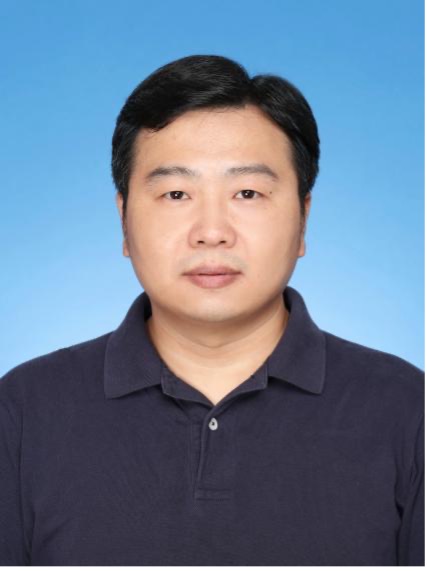
Organic Optoelectronic Materials and Devices
I. Course IntroductionThis course adopts an interactive teaching style to provide, within limited class hours, a concise yet in-depth overview of the development of photovoltaic science in the 20th century and its major achievements. Through this course, students will systematically master the fundamentals of photovoltaic materials and semiconductor photovoltaic devices, gain a basic understand...
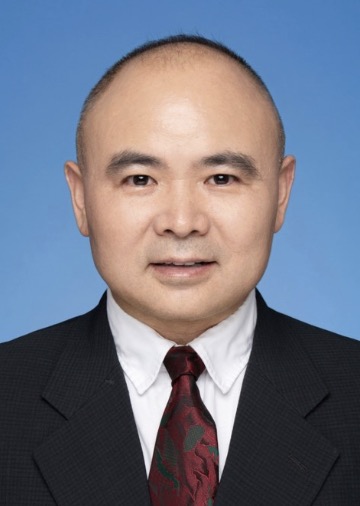
New Energy Devices: Fabrication and Characterization
I. Course IntroductionThis course adopts an interactive teaching style to provide, within limited class hours, a concise yet in-depth overview of the development of photovoltaic science in the 20th century and its major achievements. Through this course, students will systematically master the fundamentals of photovoltaic materials and semiconductor photovoltaic devices, gain a basic understand...
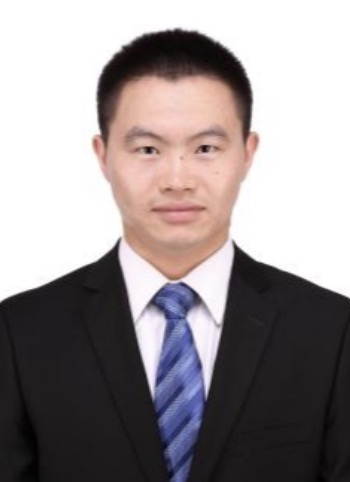
Fabrication Technology of Organic Optoelectronic Devices
I. Course IntroductionThe aim of this course is to systematically introduce the structures, material properties, fabrication technologies, characterization techniques, and applications of materials related to microelectronics. Topics include advanced semiconductor materials, dielectric materials, metallization interconnect materials, packaging materials, as well as micro- and nano-materials at ...
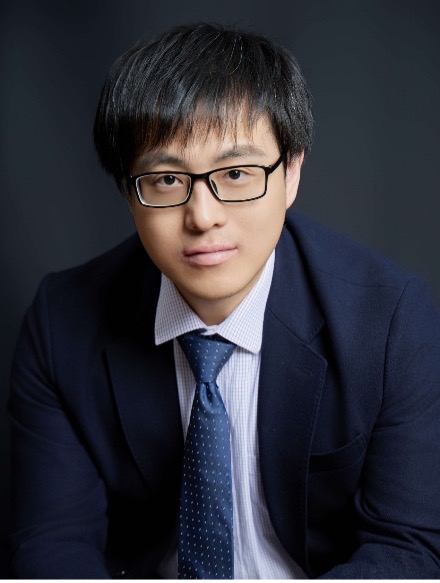
Scattering Theory
I. Course IntroductionTeaching Content: This course provides students with a foundation in crystallography, beginning with optical diffraction to introduce diffraction phenomena and principles, and then focusing on X-ray diffraction and electron diffraction phenomena and theory, as well as their applications in materials analysis and research. For X-ray diffraction of crystals, the course cover...

Functional Materials and Devices (I)
I. Course IntroductionFerroelectric materials are a class of electronic functional materials that exhibit spontaneous polarization domains, giving rise to important properties. They have been widely applied in the development of electronic devices for acoustic, electrical, information, and electromechanical conversion applications, including high-dielectric capacitors, thermoelectric sensors, p...
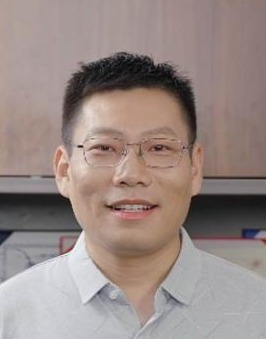
Introduction to Materials Physics
I. Course IntroductionThis course approaches the physical properties of materials from the perspective of condensed matter physics. It provides both qualitative analysis and quantitative calculations of mechanical, thermal, electrical, magnetic, and optical properties of materials, based on atomic or molecular bonding, crystal structures, electronic structures, microstructures, and interfaces. ...

Safety Knowledge of Laboratory
I. Course IntroductionCourse Objectives: This course aims to provide students with a solid understanding of general laboratory safety knowledge and basic safe operating procedures. Students will learn to recognize the characteristics, phenomena, and causes of various safety issues in research and teaching laboratories, as well as the principles and measures for prevention and protection.Course ...

Mathematical Foundations in Materials Science
I. Course IntroductionComputational materials science is an interdisciplinary field that has developed over the past two decades. It employs theories from solid-state physics, theoretical chemistry, and computer algorithms to investigate topics in materials research that are difficult to address experimentally. In essence, it functions as a form of "computer experiment" within materials science...
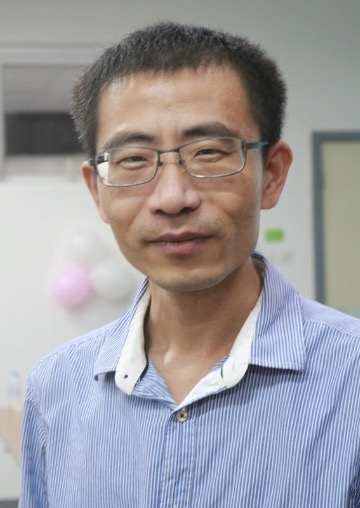
Progresses in Materials Science (I)
I. Course IntroductionCourse Objectives: This course aims to provide students with opportunities to interact with accomplished researchers, while gaining insights into the frontier developments, existing challenges, major topics, and future trends in the field of materials science. It also seeks to help students understand the unique characteristics of materials research and to learn from the r...
Fundamentals of Modern Quantum Mechanics
I. Course IntroductionContemporary research in materials science has advanced to the atomic and molecular scale, where quantum effects become increasingly significant. At the same time, applying quantum mechanical methods to study the structure–property relationships of materials at the atomic scale has become essential for materials research and design. Since the majority of Master’s and Ph....